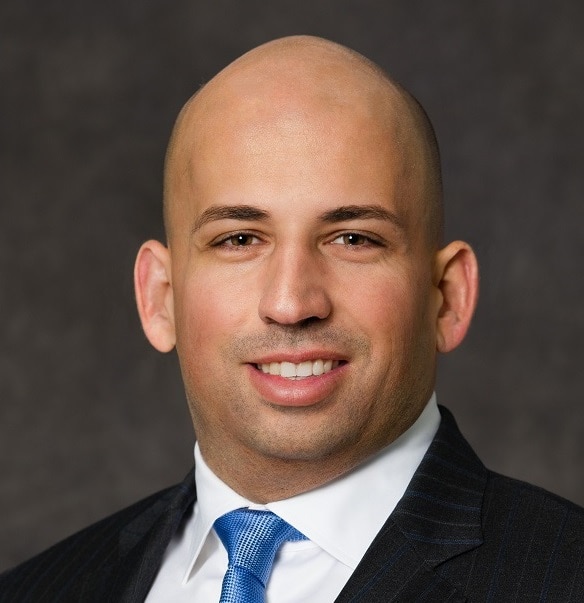Tony Apa
Mark-It Express
President and Owner
Tony Jr grew up in the transportation industry working for the family business. When he was old enough to drive he was given a job working in the warehouse loading and unloading trucks. Then when he turned 18, he obtained his CDL license and started to drive straight trucks on regional delivery routes for some house accounts such as Temple Inland and US Food Service. Tony then went off to college at Western Michigan University where he walked on to the football team and later earned a scholarship. Tony obtained a degree in Integrated Supply Matrix Management. This was a cross degree between the business school and the engineering school with an emphasis on supply chain, logistics, and process improvement management. After college, Tony went to work inside the office of the family business. He started out as a dispatcher working his way up to Vice President helping the company grow revenue 400% in 4 years. He then helped construct the deal that led to the sale of Fore Transportation INC. After the sale, he took a position as Branch Manager for the Chicago office of Roadlink USA, the nation’s largest Intermodal Drayage provider. After working for Roadlink for about 8 months, he realized that working in the corporate environment is not where he fit. He saw the opportunity to partner up with Justin Nelson and open a 3rd Party Logistics Management Firm called Mark-It Express LLC.

